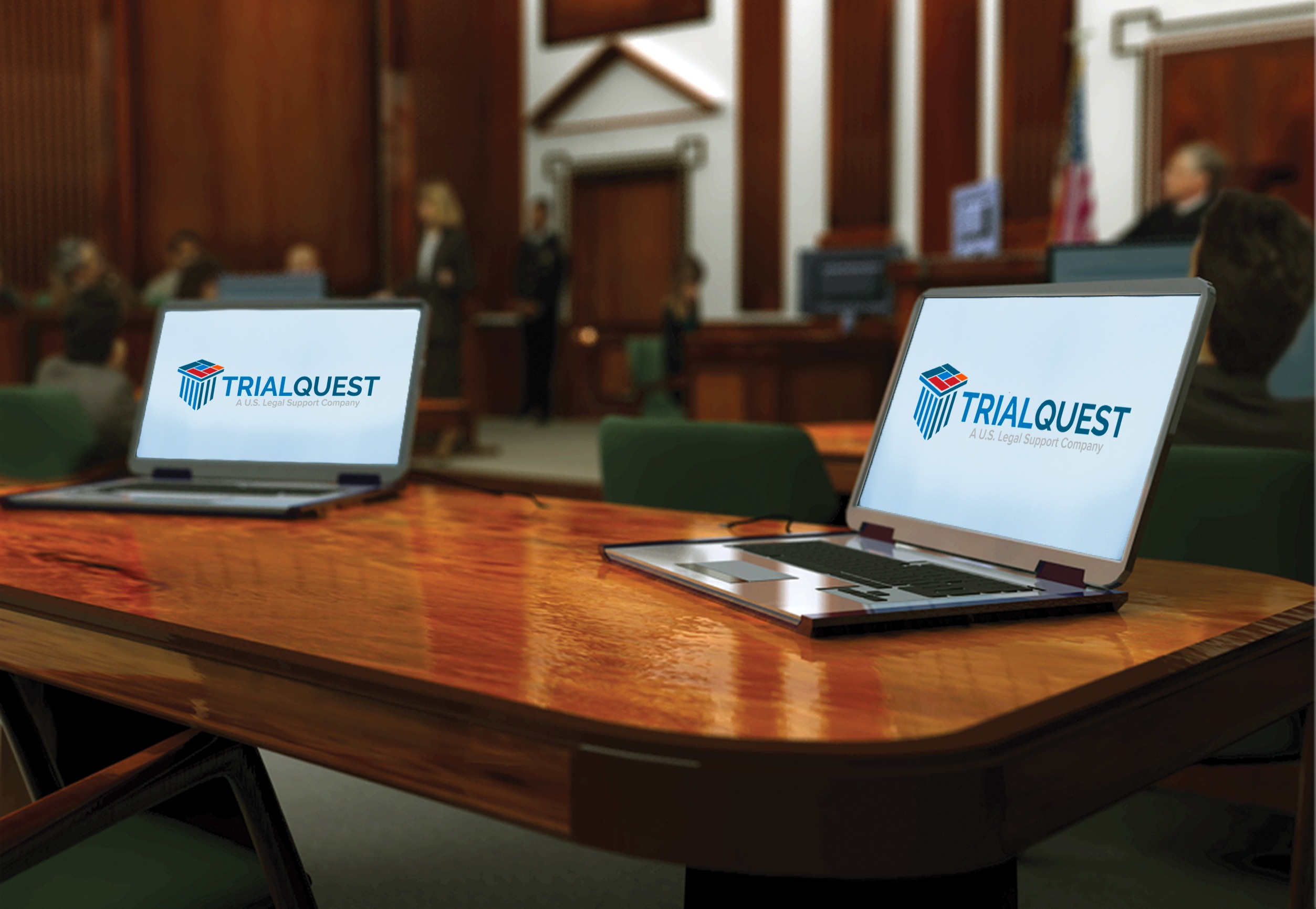Streamline Your Evidence with Custom Trial Presentations.
Streamline Your Evidence with Custom Trial Presentations.
Blog Article
Why Trial Presentations Are Important for Persuading a Court
Trial presentations play a critical role in the lawful process, functioning as a crucial device for convincing jurors. By properly streamlining complex lawful ideas and including visual help, lawyers can develop an appealing story that reverberates on both intellectual and emotional degrees. This tactical approach not just enhances jurors' understanding but additionally promotes a deeper connection to the case at hand. As we explore the different aspects that make up a reliable trial discussion, it becomes obvious that the art of persuasion expands far beyond simple debates. What elements genuinely elevate these discussions to their crucial status?
Relevance of Visual Aids
Visual aids play an essential function in test presentations, acting as effective tools to enhance jurors' understanding of complicated info. They can transform complex lawful principles and accurate data into easily digestible formats, therefore improving jurors' retention and understanding. In a court setup, where attention periods may wind down, aesthetic help such as graphes, graphs, and timelines can properly capture and keep passion.
In addition, aesthetic help assist in illustrating bottom lines, making abstract ideas more concrete. As an example, an infographic can succinctly sum up a series of occasions or partnerships, allowing jurors to visualize the evidence provided. This visual depiction can connect gaps in comprehending that may occur from spoken explanations alone.
Additionally, properly designed aesthetic help lend integrity to the situation. They show the attorney's readiness and professionalism and reliability, showing a thoughtful technique to advocacy. By providing a clear aesthetic context, lawyers can much better suggest their placement and encourage jurors to align with their viewpoint.
Engaging Narration Techniques
A compelling story is vital for successfully engaging a court throughout test discussions. Narration strategies can transform intricate legal debates into relatable and unforgettable experiences for jurors. By creating a clear and coherent narrative arc, attorneys can assist jurors via the truths, emphasizing essential points that sustain their situation.
Making use of personalities, problem, and resolution within the narrative enables jurors to identify with the people included, producing a feeling of empathy and understanding. Trial Presentations. This human component can be particularly powerful in establishing the context of the case, making the info much more absorbable
Incorporating dazzling descriptions and pertinent narratives can further improve the narrative, painting an image that reverberates with jurors on a much deeper degree. Attorneys need to concentrate on offering the realities in a means that highlights the stakes included, cultivating a sense of necessity and relevance.
Furthermore, pacing plays a vital role in narration; varying the pace can maintain jurors' attention and emphasize vital moments in the instance. Generally, engaging narration strategies offer as a vital device for attorneys looking for to convince courts and affect their decision-making process.
Psychological Link With Jurors

To achieve this link, lawyers can use vivid storytelling, engaging visuals, and authentic testament that highlight the human aspect of the instance. Focusing on the real-life effects of the test can help jurors see beyond the legal lingo and value the psychological risks entailed. Such techniques motivate jurors to feel sorry for the parties included, making them most likely to consider the emotional weight of the proof offered.
Furthermore, building trust fund via genuineness and credibility can also improve this psychological bond (Trial Presentations). When jurors really feel an individual connection to the situation, they are much more inclined to engage deeply with the here and now debates, eventually making their deliberations extra notified and impactful. Hence, cultivating an emotional connection is not simply helpful; it is important for reliable persuasion in the courtroom
Simplifying Facility Information

Making use of aesthetic help, such as charts and diagrams, can considerably boost understanding by offering a concrete representation of abstract ideas. This strategy permits jurors to picture partnerships and effects, promoting much better understanding of the case's nuances. Damaging down info right into smaller, absorbable sections assists maintain jurors' focus and stops cognitive overload.
Using simple language is just as important. Legal jargon or extremely technical terms can estrange jurors and obscure the core message. By utilizing usual language, lawyers develop a bridge to connect with jurors, making sure that the compound of the disagreement is both relatable and remarkable.
Ultimately, simplifying complicated information not only help jurors in comprehending the instance yet also fosters a feeling of confidence in their capability to make an informed choice, which is essential for achieving a favorable outcome.

Enhancing Retention and Recall
While jurors might grasp complicated info throughout trial discussions, boosting their retention and recall is equally important for additional info making sure that key disagreements resonate long after the procedures. Reliable test discussions make use of numerous methods designed to reinforce the jurors' memory of crucial realities and debates.
Aesthetic help, such as graphes, graphs, and videos, can significantly reinforce retention by involving numerous detects, thereby developing more powerful cognitive links. Coupled with clear, succinct review narratives, these tools aid strengthen the main points, making them more remarkable. Moreover, repetition of vital info throughout the discussion makes certain that crucial arguments are not only understood yet also instilled in the jurors' minds.
One more reliable technique is making use of storytelling, which fosters psychological involvement and aids in recall. By framing truths within a compelling narrative, lawyers can produce an enduring impression that resonates beyond the court room.
Inevitably, boosting retention and recall is essential for encouraging jurors, as it equips them to lug the weight of the case's debate into considerations. A well-crafted presentation not just educates however likewise makes certain that jurors keep in mind the essential elements required to get to a just decision.
Conclusion
In conclusion, test his comment is here discussions play a pivotal duty in persuading courts by integrating aesthetic aids, involving narration, and emotional links. Efficient discussions enhance jurors' retention and recall of important debates, inevitably influencing their deliberations.
Report this page